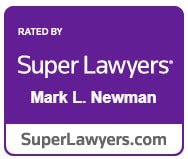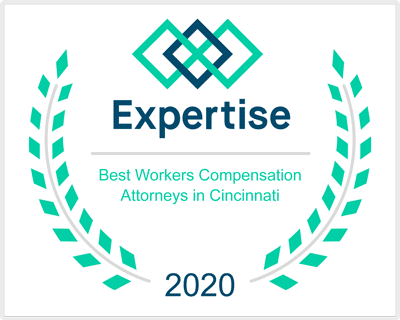It is common knowledge that the Social Security Administration (SSA) is notoriously slow in processing applications and appeals for Social Security Disability Insurance (SSDI) and Supplemental Security Income (SSI). Some applications take months or even years, with some people even dying before resolution of their claims.
What is a compassionate allowance?
In response, the SSA developed the Compassionate Allowances (CAL) initiative to help some with devastating illnesses and injuries get approval faster based on the severity of their medical conditions. The SSA has approved more than 600,000 claims through the CAL program so far.
The main issue that SSA must decide in an SSDI or SSI claim is whether the claimant is disabled according to the rather complex federal definition of disability, namely that the claimant must have a severe physical or mental impairment (or combination of impairments) expected to last at least a year or result in death that prevents the person from working. One of the challenges in processing applications – contributing to the long wait time – is collecting sometimes voluminous medical records for the agency file to determine if the person is disabled under this definition. Even more records are generated if the SSA sends the claimant to independent medical examinations to develop the medical record further.
The CAL program is based on the premise that some diagnoses are by definition so severely disabling that the SSA will assume that the definition of disability is met when it has medical proof of them, allowing acceleration of the claim to approval. If the claimant meets other work history criteria and the SSA is satisfied that they have a condition on the CAL list, the agency will normally approve the claim – much faster than normal.
Nature of CAL impairments
There are 242 CAL conditions, with the Commissioner of Social Security announcing five new ones on Aug. 17:
- Desmoplastic small round cell tumors
- GM1 gangliosidosis – infantile and juvenile forms
- Nicolaides-Baraister syndrome
- Rubinstein-Tybai syndrome
- Secondary adenocarcinoma of the brain
The complete list (available from the CAL program link above) includes specific diagnoses in these categories: cancers, rare diseases, brain disorders, serious mental illnesses, developmental disabilities, neurological impairments, dementias, organ failures and transplants, genetic disorders and others. Some are diseases of childhood because some children are eligible for SSI.
Electronic medical record transfers
To accelerate CAL determinations, the SSA has developed a program called Health IT that allows the agency to make requests for electronic medical record transfers from claimants’ medical providers. As of Nov. 4, 2019, there were 175 partner organizations with almost 23,000 covered providers. Ohio partner organizations include:
- Allegheny Health Network
- Cincinnati Children’s Hospital Medical Center
- Cleveland Clinic
- Kettering Health Network
- Mercy Health
- MetroHealth
- OCHIN, Inc.
- Ohio State University Wexner Medical Center
- Premier Health
- ProMedica Health Systems
- Elizabeth Healthcare
- University of Cincinnati Health
If you or a loved one has a serious medical condition and you have questions about the CAL program, whether you have applied for SSDI or SSI already or not, an experienced Ohio social security disability attorney like Mark L. Newman can answer questions and provide representation and advocacy.




